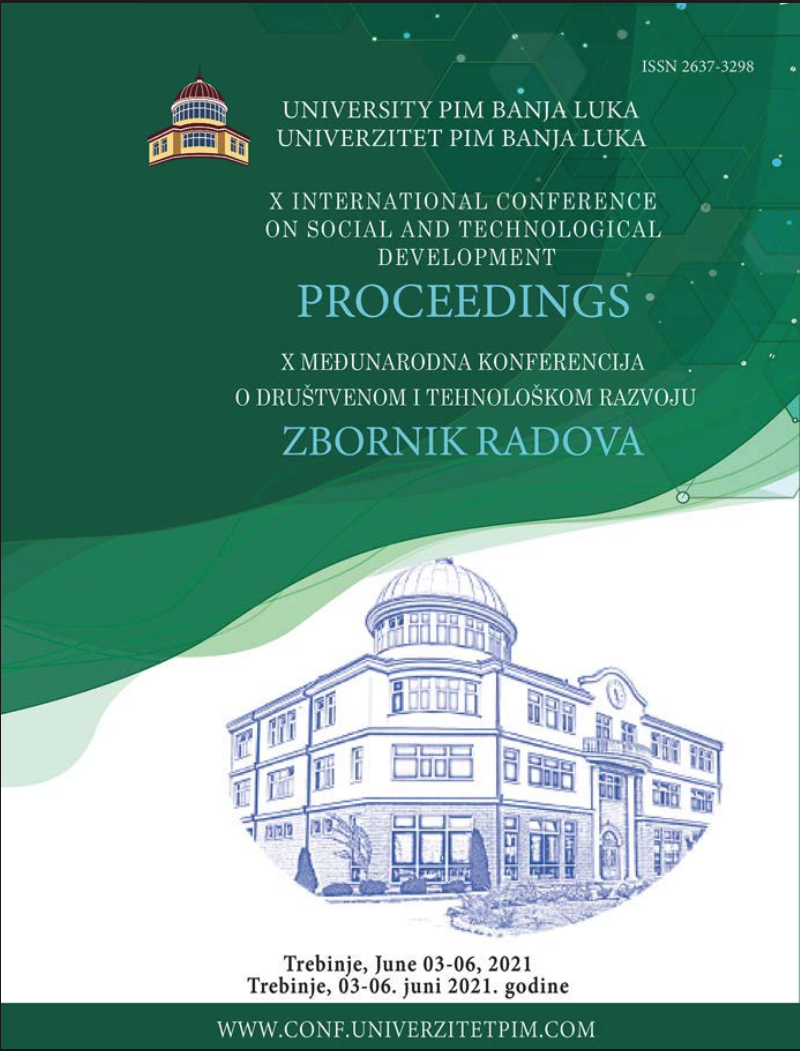
This is an open access article distributed under the Creative Commons Attribution License which permits unrestricted use, distribution, and reproduction in any medium, provided the original work is properly cited.
Faculty of Management Herceg Novi, University Adriatic , Herceg Novi , Montenegro
Faculty of Project Managemen, University Educons , Belgrade , Serbia
Faculty of Management Herceg Novi, University Adriatic , Herceg Novi , Montenegro
University Educons , Belgrade , Serbia
The global pandemic of the Covid-19 virus has changed the current views and types of work at all levels of education, especially in higher education institutions. The aim of this paper is to show the impact of the Covid-19 virus pandemic on the work of lecturers and students of higher education institutions. For that purpose, an empirical research was realized, which included two higher education institutions: The Faculty of Management Herceg Novi and the Faculty of Project and Innovation Management PMC, Belgrade. The research sample consists of 187 respondents, professors employed at the mentioned faculties. The research instrument is an online survey questionnaire consisting of two parts, with a total of 42 questions. The selected methods used in the research are: methods of analysis and synthesis, methods of induction and deduction, as well as the comparative method. The data were processed tabularly and graphically for easier interpretation of the obtained results. The attitudes of the respondents are unequivocal - the Covid- 19 virus pandemic has changed the current way of higher education, but with the significant engagement of professors and the commitment of students, this process has a positive course. A large percentage of respondents agreed that doing work at home influenced the change of private habits, but they are of the opinion that good organization is the key to success in such working conditions. It is concluded that the Covid-19 virus pandemic had a significant impact on education, which is relevant in the field of improving previous types of work, but also that all participants are more committed to this process so that the outcome would be positive for both lecturers and students.
The statements, opinions and data contained in the journal are solely those of the individual authors and contributors and not of the publisher and the editor(s). We stay neutral with regard to jurisdictional claims in published maps and institutional affiliations.